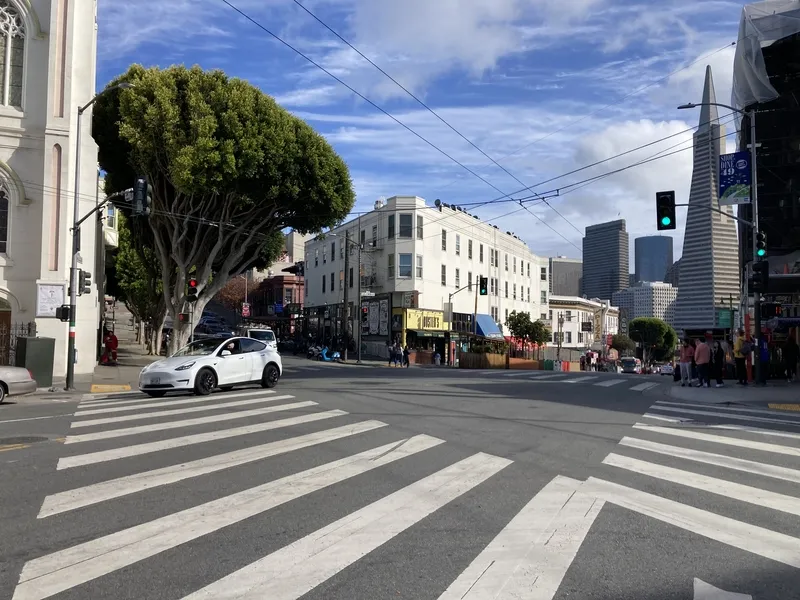During the sixth German speed control operation North Rhine-Westphalia and Lower Saxony, police found that motorists generally obeyed speed limits.
Around 3,500 police officers and 300 employees of local authorities measured the speeds of vehicles over a period of 24 hours at 2,610 locations. Despite publication of the speed check points and the extensive coverage in the media across the country, 21,600 of the approximately 788,000, or 2.7 per cent, of car drivers checked were driving too fast. On a nor
May 21, 2014
Read time: 2 mins
During the sixth German speed control operation North Rhine-Westphalia and Lower Saxony, police found that motorists generally obeyed speed limits.
Around 3,500 police officers and 300 employees of local authorities measured the speeds of vehicles over a period of 24 hours at 2,610 locations. Despite publication of the speed check points and the extensive coverage in the media across the country, 21,600 of the approximately 788,000, or 2.7 per cent, of car drivers checked were driving too fast. On a normal day, around eight per cent of drivers are speeding.
Some glaring violations emerged, including two 18-year-old friends who ran a race during the night, driving through the 60 km/h speed check at 82 and 92 km/h. Cologne police also detected a driver at 141km/h in a speed limit of 70 km/h. On the A57 road near Krefel, where maximum speed of 100 km/h exists, a vehicle was measured at 200 km/h.
The initiative is part of the overall strategy of the police to improve road safety. In 2013, the police found more than two million drivers speeding.
After the large-scale speed control actions in North Rhine-Westphalia and Lower Saxony, Interior Minister Ralf Jäger said: “Motorists have taken the ‘I have respect for life’ motto to heart and are driving responsibly. That is our goal. We are adhering to our strategy of more speed checks and more transparency.”
Around 3,500 police officers and 300 employees of local authorities measured the speeds of vehicles over a period of 24 hours at 2,610 locations. Despite publication of the speed check points and the extensive coverage in the media across the country, 21,600 of the approximately 788,000, or 2.7 per cent, of car drivers checked were driving too fast. On a normal day, around eight per cent of drivers are speeding.
Some glaring violations emerged, including two 18-year-old friends who ran a race during the night, driving through the 60 km/h speed check at 82 and 92 km/h. Cologne police also detected a driver at 141km/h in a speed limit of 70 km/h. On the A57 road near Krefel, where maximum speed of 100 km/h exists, a vehicle was measured at 200 km/h.
The initiative is part of the overall strategy of the police to improve road safety. In 2013, the police found more than two million drivers speeding.
After the large-scale speed control actions in North Rhine-Westphalia and Lower Saxony, Interior Minister Ralf Jäger said: “Motorists have taken the ‘I have respect for life’ motto to heart and are driving responsibly. That is our goal. We are adhering to our strategy of more speed checks and more transparency.”








